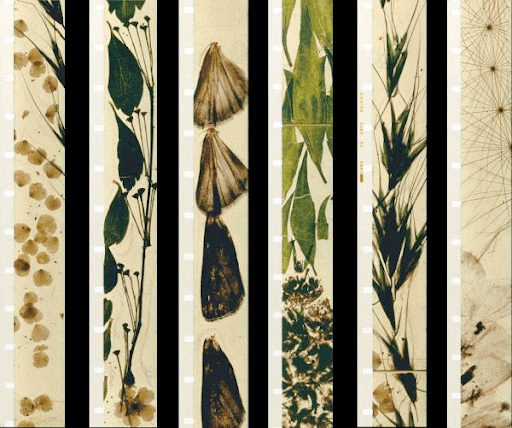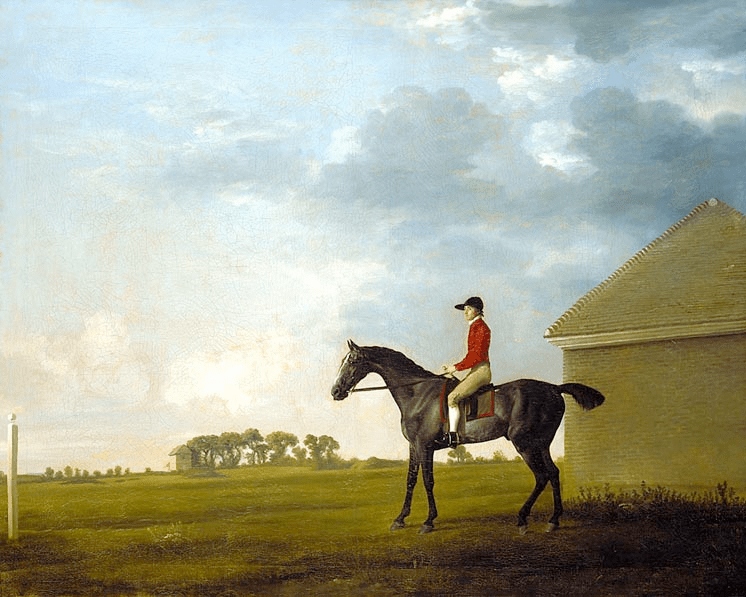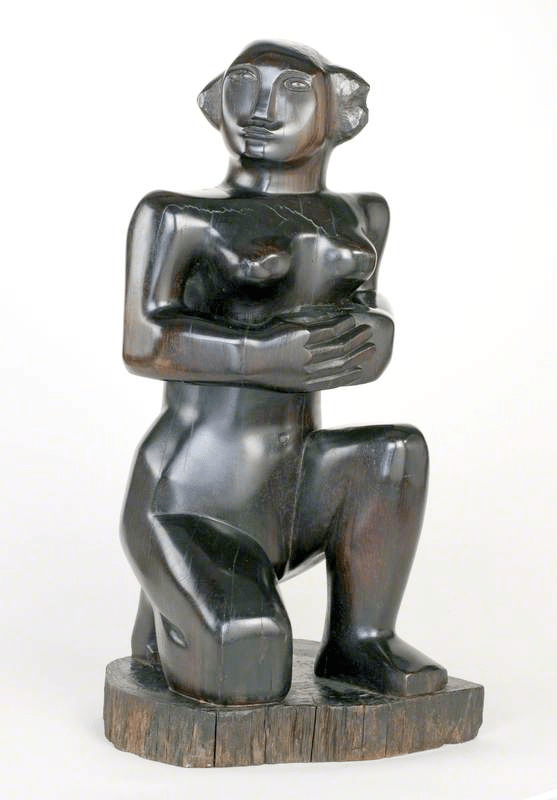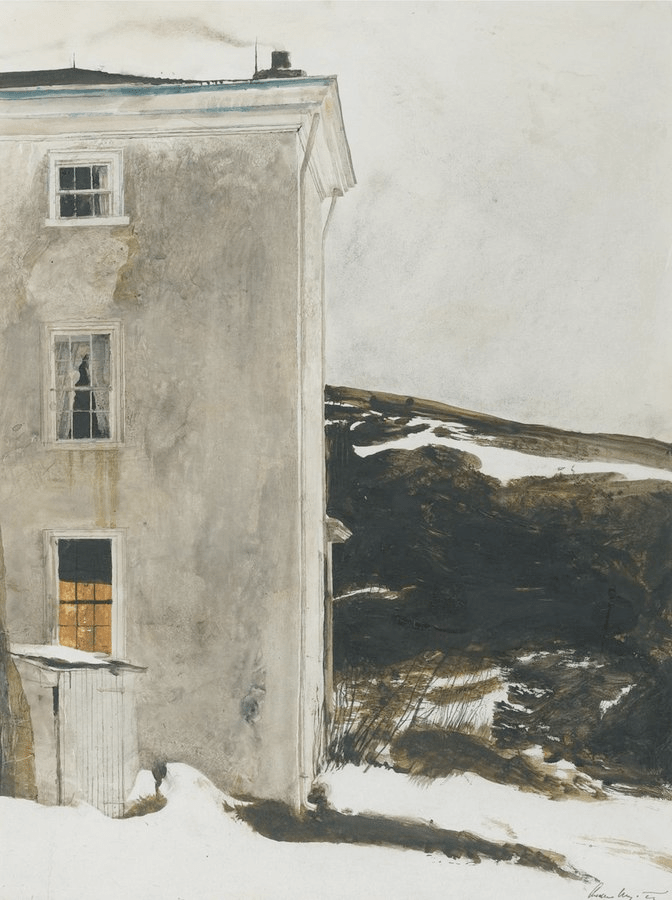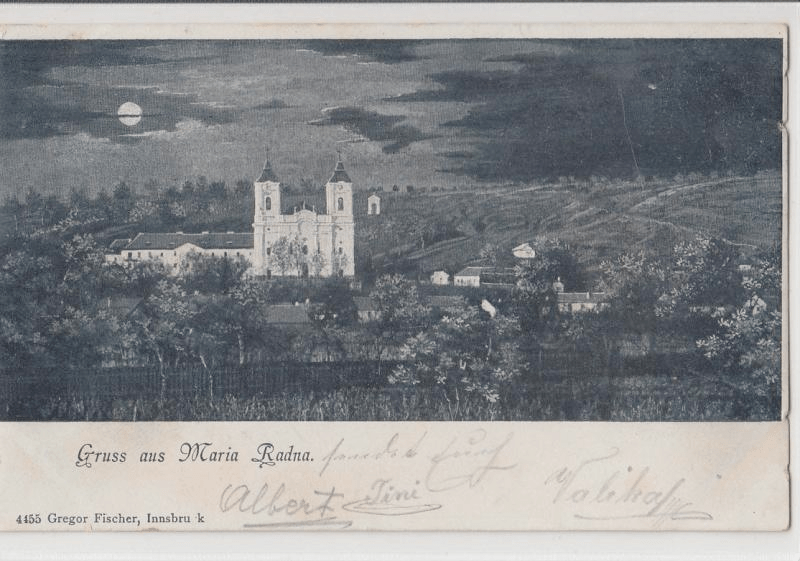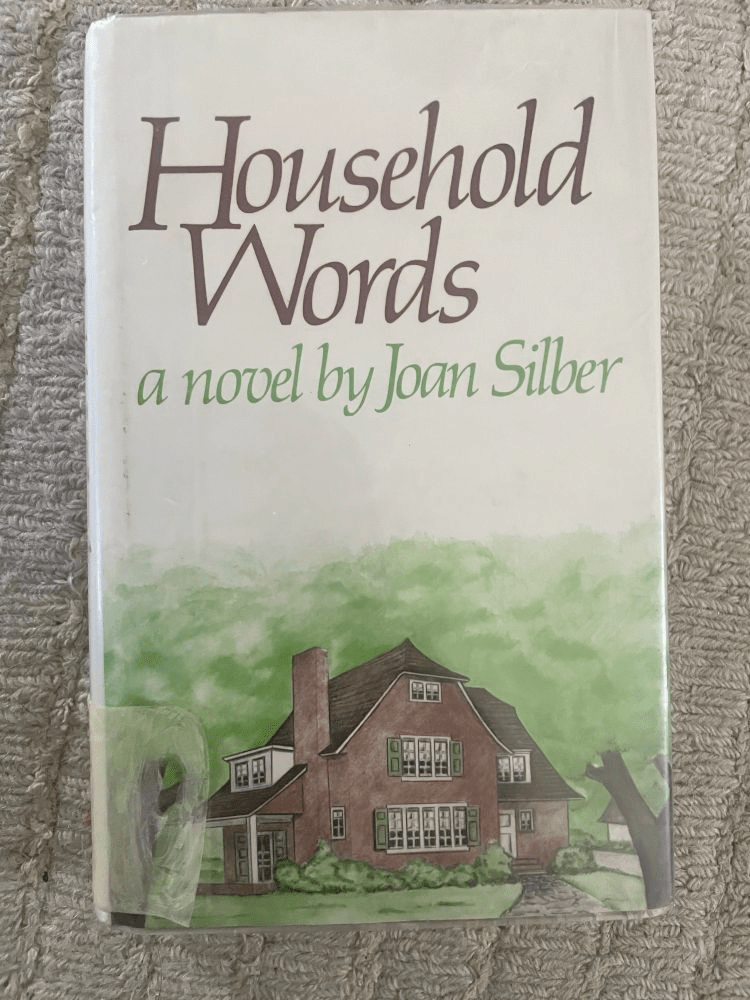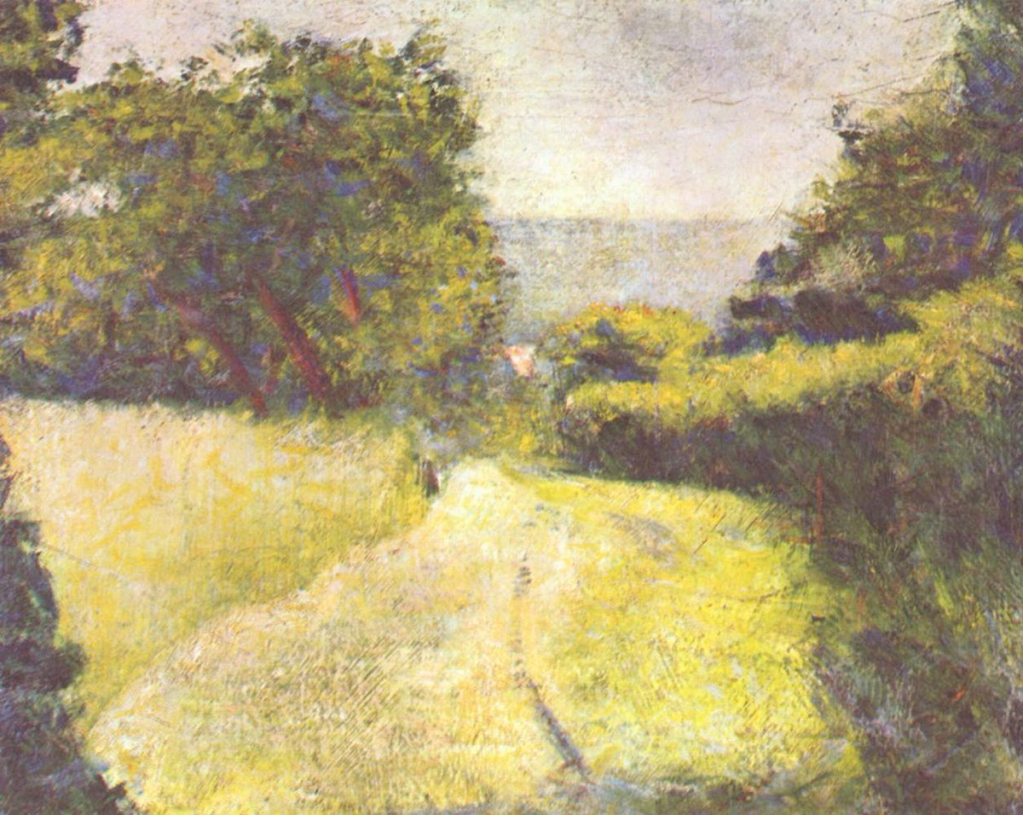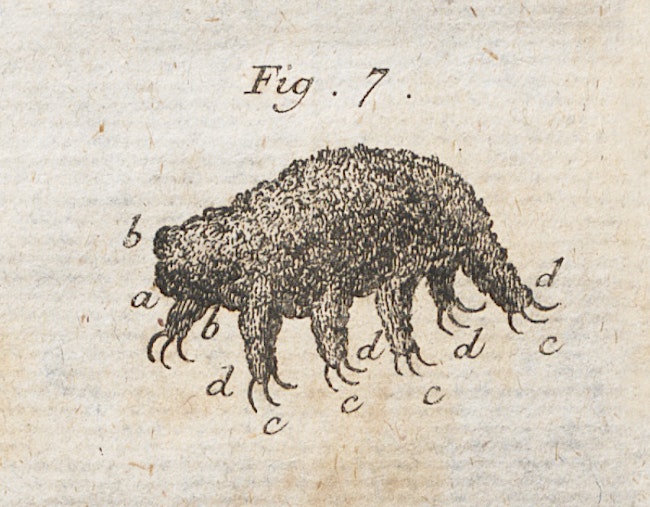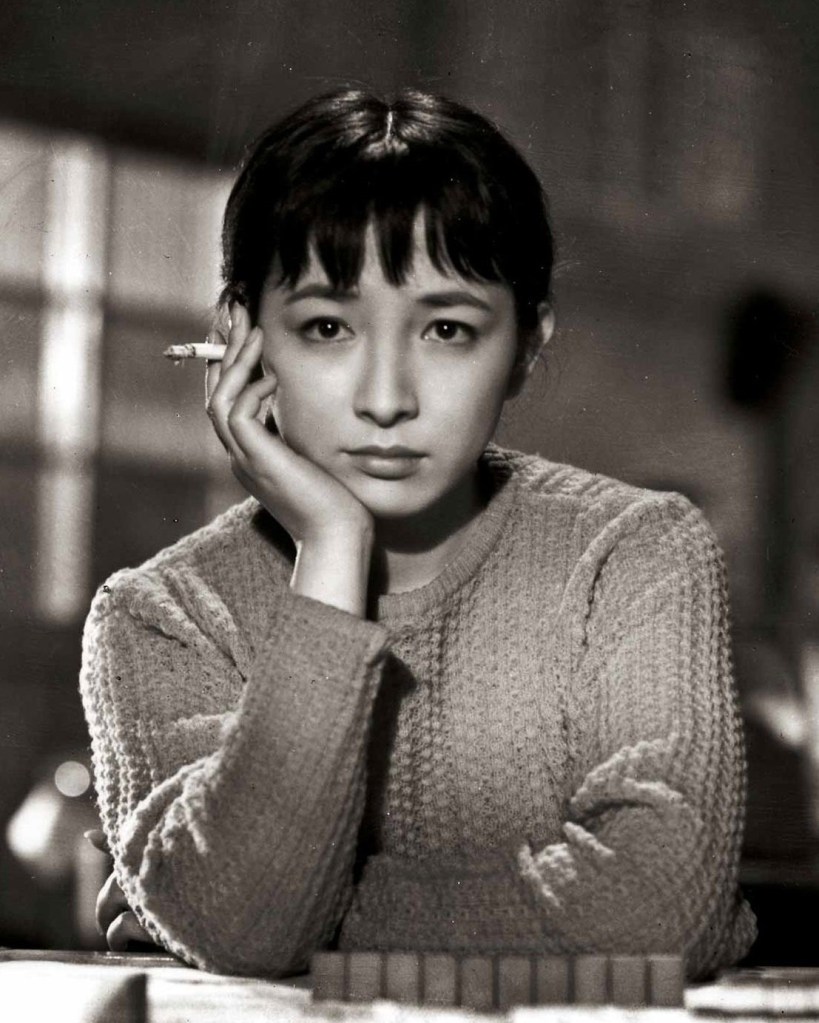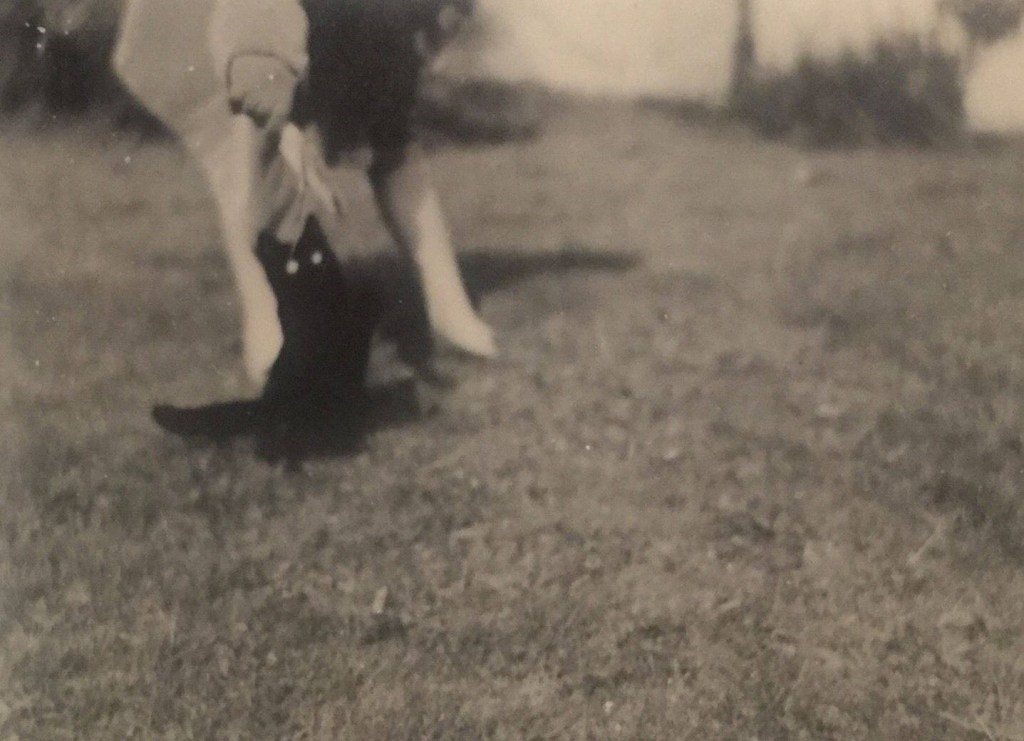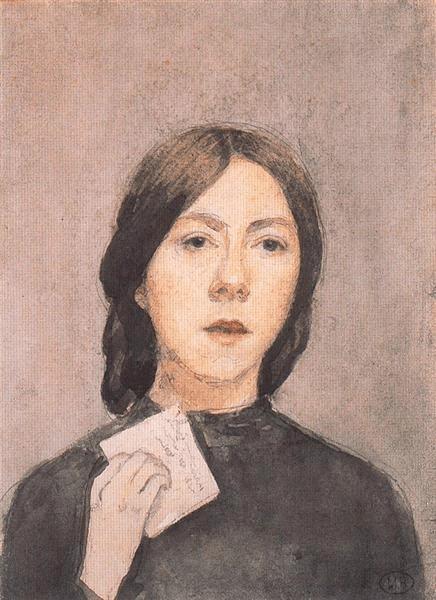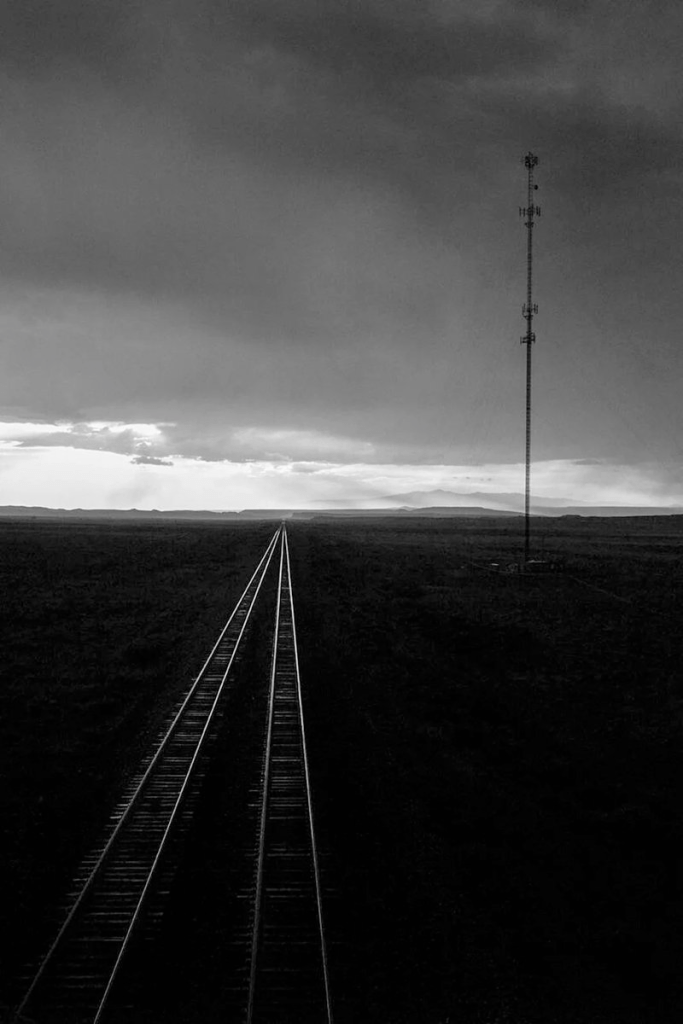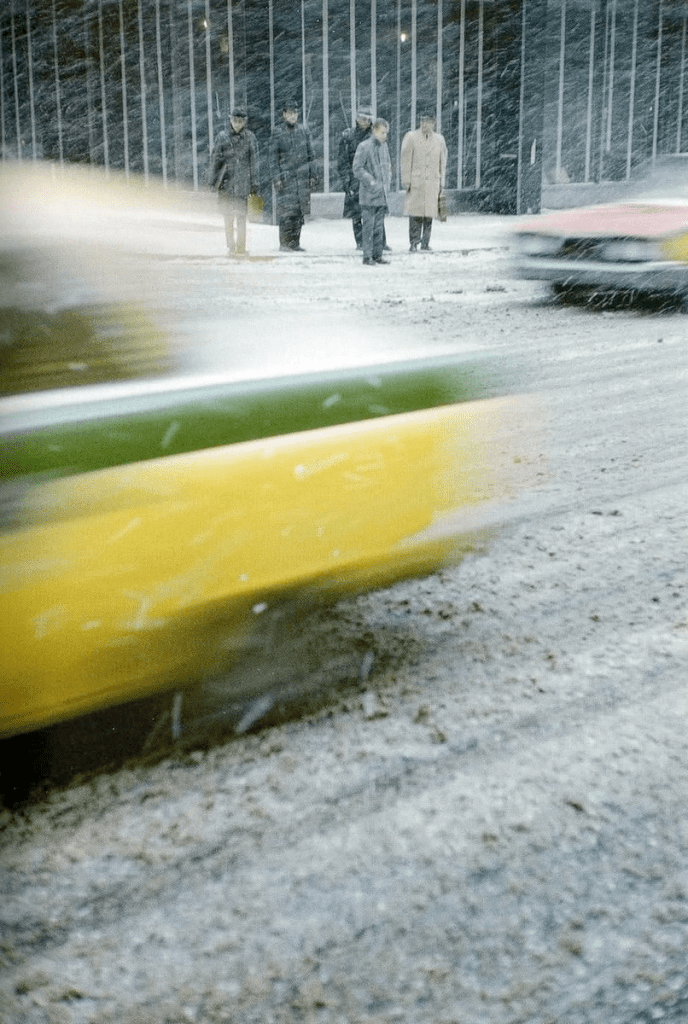Regular readers will know that for the last several years I’ve solicited Year in Reading reflections from friends and trusted readers. As we’re well into February, I’ve scaled the project back considerably this time, but I’ve got some good stuff coming your way over the next few days. Today’s installment, his seventh, is by my longtime friend Nat Leach. Nat is a nineteenth-century scholar turned college administrator who has spent the last 8 years reading the books on his shelves in alphabetical order. He lives in Ontario.
Looking back on my “year in review” posts, it occurs to me that I seem to have reached a reading plateau over the past few years: I’m reading more than I was able to some years ago, but still less than I wish I could. [Ed. – But don’t we always read less than we wish we could???] In the end, though, looking at the list below, I am grateful for what I have been able to read, and for this opportunity to write about my rather eclectic reading program.
In total, I read 35 books last year, though as always, this includes some works of philosophy, theory and criticism that I have been working on gradually for some time. In fact, I read only 10 novels, including finishing two that I already wrote about last year, although I did read more short stories and plays than in recent years.
As for my alphabetical reading project (last year was Year 8 if anyone is still counting), I spent pretty much the whole year working on “M” and didn’t quite get through it. But since “M” is a pretty massive literary letter, I am fairly satisfied with that progress, which means that, alphabetically at least, I am just about at the halfway mark of my project. [Ed. – Amazing!]
I notice that many of the reflections below contain memories and associations with my student days; this is perhaps natural, given that the intent of my project is to clear my TBR shelves of the books that have been there for a long time. I am in many cases finally reading those books I wanted to read during the first half of my life, and hopefully in that way achieving some kind of closure on that chapter before moving ahead to the next project (which, not coincidentally, I have already started to plan). [Ed. – Teaser!]
But before I get ahead of myself, here is what I read in 2025:
Marias, Javier – “Bad Nature” (1996) Trans. Esther Allen
I had never read Marias before, but stumbled across this story in an old edition of Granta that I was reading. It is a somewhat bizarre counter-factual narrative about a translator who worked for Elvis while he was shooting a movie in Mexico. [Ed. — !] I read it as a fable about translation itself; the translator strives very hard to render Elvis’s words accurately, but, in a dangerous context, finds himself facing the consequences of those words because the listeners hear only him saying them, and thus, they become his utterances, and no longer Elvis’s. This seems an apt emblem of the plight of translators in general, foregrounding the impossibility of complete transparency in rendering one language through another. Appropriate, of course, that I read it in translation.
Marlowe, Christopher – The Jew of Malta (1589)
It was perhaps a strange choice to read this terribly antisemitic Elizabethan play, but, as it was the only Marlowe play I hadn’t read, the completist in me felt the need to read it. It’s interesting mostly in contrast with Shakespeare’s The Merchant of Venice; while Shakespeare cultivates at least some level of sympathy for Shylock, Marlowe’s Barabas is a combination of an antisemitic stereotype and a Machiavellian schemer-villain common to Elizabethan revenge tragedy. Despite this, Marlowe interestingly makes clear that Barabas’s villainy is largely triggered by egregious injustices done to him by the Governor of Malta. Short on cash for the required tribute to pay off the Turkish empire not to invade the island, the Governor requires all Jews to pay half their wealth in tax. Those who refuse will have all their property confiscated. In fact, there is really nobody in the play who comes off particularly well (for example, there is a great deal of satire involving Catholic priests), but Barabas is clearly presented as the worst. [Ed. – Boo! Dislike!]
Marquez, Gabriel Garcia – One Hundred Years of Solitude (1967) Trans. Gregory Rabassa
I’m not sure whether Dorian remembers, but when we were both humble MA students, we had to sit a rather ridiculous “Graduate Record Examination” in literature as part of our applications to PhD programs. [Ed. – He sure does.] One of the few things I remember about this was that it included a section where we had to match up famous opening lines with the books from which they came. Most of the answers could be deduced from context fairly easily (the one about mines in Derbyshire was obviously Sons and Lovers, just as Colonel Aureliano Buendia remembering his father taking him to see ice had to be One Hundred Years of Solitude) but it did seem concerning to me that I hadn’t actually read any of these books, which apparently a well-read graduate student should know. [Ed. – Or know how to pretend they know.] This led me to buy all the books included in this question, although the fact that I am still working on finishing them gives the lie to the “well-read” part. [Ed. – See previous interjection.] Anyway, this is another one off that list, and is by turns great fun, horribly tragic, and totally exhausting (trying to remember all of the familial relations between the characters). And this exhaustion is, I think, part of the point of Marquez’s magic realist style, which contrasts linear history with a cyclical vision of human nature and development. The fictional setting of Macondo goes through a historical pattern that echoes that of many South and Central American countries: colonization, revolution, civil war, Imperialist/capitalist exploitation, etc. Against this backdrop, the Buendia family changes along with the country, even as it continually repeats and revises the past (a process most clearly demonstrated by the countless family members named Aureliano and Jose Arcadio throughout the many generations covered by the book). History changes and progresses, and at the same time, folds back on itself. [Ed. – I would like to read this book again. It’s been 35 years.]
Marquis, Don – archy and mehitabel (1927)
I still remember the day when my Grade 12 English class was assigned a poetry project, and our teacher pulled out a stack of photocopies of American poems (with no context) and asked us to select one. I immediately gravitated towards one called “The Lesson of the Moth.” Written in all lower-case letters with no punctuation, it describes the speaker’s encounter with a moth trying to fly into an electric light. The speaker asks why moths have this self-destructive urge and is told that it is because they crave beauty and excitement: “it is better to be happy for a moment and be burned up with beauty than to live a long time and be bored all the while.” The speaker disagrees with this view, saying that he would “rather have half the beauty and twice the longevity” but also rather ruefully concludes “i wish there was something i wanted as badly as he wanted to fry himself.” This poem resonated strongly with my teenaged self, and only later did I discover that the context is that the speaker is archy, a cockroach who types poems on Don Marquis’ typewriter after hours (hence the lack of upper-case letters or punctuation: archy can’t hold down the shift key). [Ed. — !!!] The poems typically revolve around archy’s interactions with other insects and animals, particularly mehitabel the cat, an aging feline who believes she is the reincarnation of Cleopatra. I realize now that this poem may not be quite as profound as my 17-year-old self found it, but I still love it, and I still have a soft spot for archy. I am also glad that I found a three-in-one volume that also includes archys life of mehitabel and archy does his part, so I still have more of him to look forward to. I also note that it is sad that the creation of archy would not have been possible in this computer age—unless we are to believe that a cockroach could turn on a computer and open Word. But that would be just plain silly, right?
Massinger, Philip – A New Way to Pay Old Debts (1625) and The Roman Actor (1626)
It must have been tough writing drama in the wake of some guy named Shakespeare. However well-crafted these plays may be, they invariably suffer by comparison. A New Way to Pay Old Debts is a comedy in which the avaricious Sir Giles Overreach [Ed. – Very subtle, the naming] is tricked by a would-be victim of his greed. It’s enjoyable, but a reader of Shakespeare’s plays can’t help but find the scheme by which the protagonists succeed to be quite simplistic. The Roman Actor is a tragedy of somewhat less merit, which begins with the conceit also explored in “The Mouse-Trap” scene from Hamlet, namely, that drama can be a surreptitious means to cultivate an awareness of guilt or wrongdoing in its audience. It doesn’t do a whole lot with this idea, though, and the play ends with fairly conventional devices depicting romantic jealousy and the downfall of a tyrant. And, frankly (spoiler alert!) [Ed. – No worries, Nat, you’ve read this for all of us, no one is gonna have anything spoiled], when the title character dies even before the final act, it’s hard to avoid the impression that the plot has not been fully thought through.
Maugham, Somerset – The Razor’s Edge (1944)
This book has the dubious distinction of being the book in this project that had been on my TBR pile for the longest time, having been first recommended to me by a friend in high school. [Ed. – That’s when I read it, and I think it’s the perfect time for it.] Fittingly, perhaps, it is a book that I think would land very differently for readers of different ages [Ed. – Aha!]; had I read this when I was younger, I certainly would have sympathized with Larry Darrell, a young man in search of greater meaning in his life than is being offered to him by capitalism and the American Dream. In my older age, though, I identified more with the perspective of Maugham’s narrator, a version of himself who provides a more critical view of Larry and his extended social set, including the compulsive socialite Elliot Templeman, and Larry’s erstwhile fiancée, Isabel Bradley, who has rejected him to retain her social position but still seems to harbour some regret. All in all, I enjoyed the book, although I can’t help but wonder whether the teenager who was so struck by “The Lesson of the Moth” might have found this book’s lessons much more profound than I did upon this reading.
Maupassant, Guy de – “L’Ermite” and “Mademoiselle Perle” (1886)
I have not read a whole lot of Maupassant, although back when I used to teach a course on the short story, I always included one by him. They tend to follow a similar pattern: the narrator/main character notices a seemingly mundane object or event, becomes curious about it, and upon further exploration, finds that it reveals an unexpected depth of insight into human nature, usually by way of a highly brutal or at least sorrowful experience. These stories fit that pattern very well. In “L’Ermite,” a traveller comes across an incredibly remote house on the southern coast of France, and decides to find out what could possibly possess someone to want to live there; he finds out more than he bargained for about the sordid past of the house’s owner. In “Mademoiselle Perle,” a chance incident at a celebration with family friends leads the narrator to uncover a tale of frustrated love. Both stories powerfully depict the normally hidden depths of human emotion that are caused to come to the surface as a result of these events.
Having read the novella/long short story (my bête noire is trying to tell the difference between these categories!) La Petite Roque (which is also fantastic and devastating, by the way), I am now making my way through the other stories in that volume, and am at about the halfway point in the book. [Ed. – More love for Maupassant, I say!]
Mauriac, Francois – Le Désert de l’Amour (1925)
I certainly got my French language reading in this year. This is another one that had been on my shelf for many years, having picked it up at Dorian’s recommendation when I was in grad school, and another one that probably would have landed very differently had I read it when I was younger, as the generational conflict between father and son (both suffering from feelings of unrequited love for the same woman) lies at the heart of this book. [Ed. – I did indeed read this at one point, but so long ago that I have no memory of it at all.] Mauriac reflects on questions of the continuity of the self, and on how people change – and do not change – over time. Despite being written in 1925, the book feels very cinematic, opening in a bar in present day Paris, filling in character histories through extended flashbacks, before concluding back in the present. In this way, we see the impact that the past has had on the development of Raymond Courrèges, whom we see both as a jaded thirty-five-year-old man (in the narrative present) and an irritable and awkward teenager (in the flashbacks), as we learn of the events that caused the latter to grow into the former. [Ed. – Feel like you are delicately, very Canadian-ly, saying “This book is no good.”]
McCarthy, Cormac – The Orchard Keeper (1965)
After that Grade 12 English class (in which we read exclusively American literature), I pretty much stayed away from American literature throughout the rest of my student days. Partly, this was because the only choice I had in my undergraduate program was between Canadian and American literature, and I chose Canadian every time. [Ed. – Imma tariff the fuck out of this post.] Partly, it stemmed from a perception that American literature was filled with toxic masculinity and grotesque celebrations of self-reliance (at least the texts that were being taught at that time often seemed to fit this description). As a result, I am aware that there are some significant gaps in my knowledge of American literature, and Cormac McCarthy was one of these. Although I did buy a three-novels-in-one volume of his work when I was in grad school, I still harboured a vague suspicion that he was not for me. I was surprised, then, by how quickly this book grabbed me. It has an almost dreamlike feel with its elaborate descriptive prose and with the nebulous quality created by its sparse use of proper nouns; most sections of the book are initially presented from the perspective of a “he” and readers have to figure out from the context which character is being referred to, often not getting the solid grounding of a proper noun until a few pages later. The effect of this is to blur the main characters whose lives are interwoven in this book – a bootlegger, a young boy and an old man, all living in rural Tennessee in the 1930s – and challenge the boundaries of identity that separate them. However, also like a dream, many loose ends remain, and I’m not entirely sure that it adds up to much in the end. Appreciating that this is McCarthy’s first novel, though, I look forward to exploring his later work; I still have Suttree and Blood Meridian in that three-novels-in-one volume.
Meredith, George – The Ordeal of Richard Feverel (1859)
In my final semester as an undergraduate, my friends and I, as a study break (or a study strategy, I’m not really sure), compiled a list of “Big Idiots in English Literature.” [Ed. – Strong David Lodge vibes!] At first designed for the Angel Clares and Othellos of the literary world, it soon became quite a voluminous list, as we determined that almost every character in every literary work we had studied over the course of four years had done something to merit inclusion. I mention this only to be clear that when I say that this book features some of the biggest literary idiots I have ever seen, I know whereof I speak. [Ed. – lol!] The plot in a nutshell: Sir Austin Feverel, a big idiot whose wife has run off with a poet, determines to educate his son, Richard, according to a system of his own devising in order to preserve him from the corrupting influence of women. This system of education in turn causes Richard to grow up into a big idiot who gets himself into a great deal of trouble, and runs away with practically the first girl he meets. Along the way, he is aided and abetted by a number of other big idiots, and he also ends up being a big idiot to his wife, who, despite being a version of the Victorian “angel in the house” commits some idiocies of her own.
I should be clear that this is in no way a criticism of the book; the presence of big idiots does not compromise its literary value, but man, does it make the book painful to read at times. Meredith doesn’t get talked about as much as many of his Victorian contemporaries, perhaps because of his more modern perspective, perhaps because his big idiots are not so thoroughly and cathartically tragic in the way that, say, Hardy’s are. Having said that, the painfulness level of this book is pretty close to Hardy at his best, even if it is leavened with a wry cynicism that perhaps more anticipates Oscar Wilde. In the end, it’s one of those books that I enjoyed reading, but really enjoyed finishing (just to get away from the big idiots). [Ed. – I will never read this, but if I ever did it would be because of this review.]
Miller, Andrew – Now We Shall Be Entirely Free (2018)
This is the book that divided me the most this year, and raised questions about my own reading expectations. On the one hand, I always looked forward to reading the next chapter of this book, and its narrative drive – about the pursuit of an English officer accused of atrocities in the Napoleonic wars – thoroughly gripped me. One night, I binge-read the last 50 pages of the book, which is something I have not done in a long time. On the other hand, many things kept irritating me about the book’s representation of its historical period. At first, it was little things that just didn’t seem to fit the setting of the book in 1809. I began to feel the need to research some of these perceived anachronisms, even as I wondered if they were only bothering me because, as a scholar of Romantic literature, I have spent a lot of time reading about this period, and am perhaps over-sensitive to these details. For example, one of the soldiers swears a great deal – fair enough, I’m sure people swore much more in the 19th century than they do in a Jane Austen novel – but the language used is consistently modern (e.g. “wankers,” which I have now learned only took on its modern meaning in the mid-twentieth century, and “the fuck?” for “what the fuck?” which I certainly had never heard used prior to the 21st century). [Ed. – I feel sure we said “the fuck” in the 90s. Have I misremembered this???] But my most pedantic objection is the fact that the characters discuss the poetry of John Clare. In 1809, Clare would have been only 16 years old, and he did not publish his first book of poetry until 1820. There are also casual references to the future, which seemed to serve no purpose other than winking knowingly at the reader; for example, at one point, a character makes an offhand observation about how this new idea they call “police” might really catch on in the future.
But while I plead guilty to pedantry, I realized that these anachronistic details were not really what was bothering me. Rather, I came to recognize that the source of my frustration was that the characters feel thoroughly modern in their thoughts and actions despite the period setting. The protagonist, an English gentleman who purchased a commission as an officer in the British army, is not in the least rooted in the ideology of that class, and virtually all the characters exhibit attitudes that are much more modern than any that would have been around in 1809 – for example, most of the characters’ attitudes towards sexuality are not simply liberal, but unthinkable for their class and time period.
All of this led me to ask questions, the first and foremost being “does any of this matter?” Should it really affect my enjoyment of the novel if it is not entirely historically accurate? For one thing, I can readily imagine that if Miller had written a draft that rendered 1809 with impeccable period detail – and I should mention, by the way, that he does seem to have done a great deal of research, as evidenced, for example, by a description of the conditions of child labour in the period that tallies very closely with contemporary accounts – his editors would likely have compelled him to revise it extensively anyway, given that most modern readers would not be able to follow many period details of language and custom.
So, perhaps what my objections amount to is the fact that the book belies its appearance as a “historical novel”; to my mind, it does not reflect on the period in which it is set in any meaningful way. Which leads to the next questions: “if it’s not a historical novel, is it something else?” and “could that something else be considered good and enjoyable in its own way?” There is indeed a lot to like about the book, especially, for me, its thrilling climax. So, in the end, I guess I would say that I liked it, but felt like it could have been something more than it was, while also acknowledging that this could be an unfair expectation on my part. [Ed. – Ok this fascinates me, as a huge fan of the book who now feels the need to revise his opinion. The inaccuracies are unfortunate, definitely, but your questions about what this book is in fact doing are what really hit home. It does seem a book marked by a modern idea of trauma, that’s for sure.]
Mitchell, W.O. – Roses Are Difficult Here (1990)
I must admit that I only picked up this book because of a reference to it in a Tragically Hip song (“Impossibilium”) but given my fondness for all things CanLit, I expected I would enjoy this novel about a small town in the Alberta foothills in the 1950’s that is turned upside down by the arrival of a sociologist conducting a study. And this book does have plenty of that Canadian small-town charm and humour, but, like Now We Shall Be Entirely Free, Roses Are Difficult Here was another book that kind of gnawed at me. In this case, the novel feels like it is based in a kind of anti-woke panic avant la lettre. [Ed. – That tracks with the little I know of Mitchell’s personality FWIW.] The sociologist is villainized for suggesting modern ideas, such as the implication that the town maybe ought to be less racist towards the nearby Indigenous community, and that the feeling of unity in which all the town’s inhabitants take pride is actually based on its exclusion of outsiders, such as the half-Indigenous garbage collector, Rory Napoleon. Having said that, the scene in which Rory stampedes his goats through the town in retribution for his treatment at the hands of the townsfolk is definitely the highlight of the book. But aside from giving Rory a chance to air his grievances at a town meeting, the book clearly sides with the townsfolk, and, written in 1990, it seems nostalgic for a past where nobody complained about casual racism and sexism. [Ed. – Strong white guy vibes.]
And since I have already demonstrated my penchant for pedantry, I might as well lean into it: Mitchell begins a chapter set in the autumn of 1957 using the following passage full of historical detail:
The Russians had just shocked the world with the announcement of their successful satellite… The previous June, the Liberal government had been defeated by the conservatives after fifteen unbroken years in power; Canada had lost the world hockey championship to Sweden; the Milwaukee Braves had taken the World Series…
I concede Sputnik and the Braves, but Sweden did not defeat Canada in hockey even though they did win the championship – Canada and the U.S. boycotted the event being held in the U.S.S.R. that year in protest of the Soviet occupation of Hungary. And the Liberals had been in power since 1935 prior to the 1957 election, which actually makes it more like 22 consecutive years. OK, thank you, I just had to get that out. [Ed. – I’m glad you did! And that “Does no one edit these books???” was already a thing in 1990. Also, that sample paragraph is terrible!]
Modiano, Patrick – The Search Warrant (1997) Trans. Joanna Kilmartin
There seems to be an unwritten rule that every Holocaust-themed book translated into English must have its title altered unrecognizably from the original. Usually, the impulse is towards a title that moralizes or sensationalizes the narrative, but in this case it’s just baffling. Originally published as Dora Bruder, this book does not include a literal search warrant, although it is admittedly concerned with other kinds of official documentation used to give a legal veneer to otherwise unjustifiable deportations. And on the other hand, the title could only with difficulty be twisted to refer by analogy to Modiano’s own search for evidence of the titular 15-year-old Jewish girl who ran away from home during the Nazi occupation of Paris and was later deported to Auschwitz. In any case, the book is a fascinating exploration of memory and the way the traces of the past persist into the present, as Modiano weaves in his own experiences of Paris with what he has been able to learn about Dora’s experiences, and, more importantly, with what is not known, and will never be known about them. [Ed. – Modiano is not my guy, but you might be happy to know that at some point—maybe after the Nobel win?—the publisher reissued it under its original title.]
Piñero, Claudia – Elena Knows (2007)
Every year, I scale back my ambitions for Women in Translation month in August, and this year, I finally came up with a plan that I could complete before the end of August: one relatively short book (spoiler alert: it was so good, I couldn’t put it down and ended up finishing it within two weeks). I’d first heard about this book on, I believe, the first ever podcast of One Bright Book (those folks are great, huh?) and was sold on it. [Ed. – Now that you mention it, they are kind of great.] Nor did it disappoint; while the premise may not exactly sound like a page-turner (woman with Parkinson’s resolves to investigate her daughter’s murder), it is in fact a brilliant and devastating book. It’s a premise that compels readers to pause and take notice of mundane activities that most of us take for granted, increasingly drawing us into Elena’s perspective as she tries to find answers. I won’t risk spoilers by saying any more, but this is quite possibly the best book I read this year, and as someone who has a track record for not getting on with books written in this century, that is high praise indeed. [Ed. – This is one of those books that I like more and more as I think about it. You’ve made me want to re-read it!]
Looking ahead to 2026
What’s next for me? Well, after M comes N, then O (both mercifully light letters, by the way)… but, as I mentioned last year, this reading project was really front-loaded in the first half of the alphabet, so even though I have almost reached the alphabetical mid-point of my project, I am actually over 2/3 of the way through. In fact, were it not for two very significant undertakings at the end of the “P” shelf (hint: Proust and Pynchon), I might be tempted to consider myself nearly home and dry. With about 75 books remaining, optimistically, I might imagine finishing this project within 2-3 years (keeping in mind that this was conceived as a 5-year project, and it won’t be finished in 10, so any optimism is pretty clearly misplaced).
But as I said at the top, I’ve already started to think about my next utterly ridiculous reading project, and, in fact, probably spent far too much of my valuable reading time this year planning it out and acquiring the necessary books. [Ed. – Nat, that is important and necessary work, especially the acquiring books part.] It may require a bit too much space to explain my plan fully here, but it will involve 250 novels, and I may still need some recommendations to fill out this number, so perhaps if Dorian hasn’t yet had enough of my nonsense, he will let me write another guest post about it later in the year. [Ed. – He 100% will.] In the meantime, Brian Moore and Toni Morrison are the only authors standing in the way of my getting to the second half of the alphabet. [Ed. – Ooh such good authors! Thanks for another wonderful piece, Nat!]
